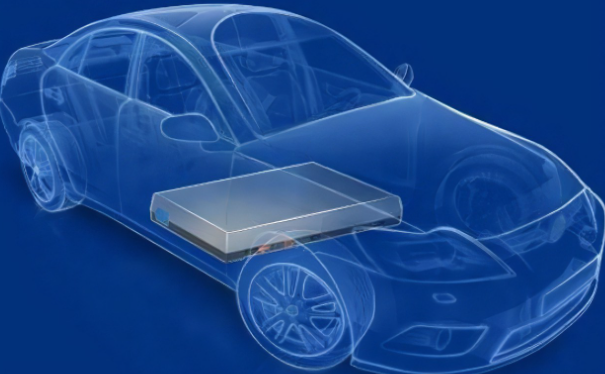On September 27, 2024, at the 2024 World New Energy Vehicle Conference, BYD Chief Scientist and Chief Automotive Engineer Lian Yubo provided insights into the future of battery technology, especially solid-state batteries. He emphasized that although BYD has made great progress in this field, it will take several years before solid-state batteries can be widely used. Yubo expects it will take about three to five years for these batteries to become mainstream, with five years being a more realistic timeline. This cautious optimism reflects the complexity of the transition from traditional lithium-ion batteries to solid-state batteries.
Yubo highlighted several challenges facing solid-state battery technology, including cost and material controllability. He noted that lithium iron phosphate (LFP) batteries are unlikely to be phased out in the next 15 to 20 years due to their market position and cost-effectiveness. On the contrary, he expects that solid-state batteries will be mainly used in high-end models in the future, while lithium iron phosphate batteries will continue to serve low-end models. This dual approach allows for a mutually reinforcing relationship between the two battery types to cater to different segments of the automotive market.

The automotive industry is experiencing a surge in interest and investment in solid-state battery technology. Major manufacturers such as SAIC and GAC have announced plans to achieve mass production of all-solid-state batteries as early as 2026. This timeline positions 2026 as a critical year in the evolution of battery technology, marking a potential turning point in the mass production of all-solid-state batteries. Solid-state battery technology. Companies such as Guoxuan Hi-Tech and Penghui Energy have also successively reported breakthroughs in this field, further strengthening the industry's commitment to advancing battery technology.
Solid-state batteries represent a major leap forward in battery technology compared to traditional lithium-ion and lithium-ion polymer batteries. Unlike their predecessors, solid-state batteries utilize solid electrodes and solid electrolytes, which offer several advantages. The theoretical energy density of solid-state batteries can be more than twice that of conventional lithium-ion batteries, making them a compelling option for electric vehicles (EVs) that require high energy storage capacity.
In addition to having higher energy density, solid-state batteries are also lighter. The weight reduction is attributed to the elimination of monitoring, cooling and insulation systems typically required for lithium-ion batteries. The lighter weight not only improves the overall efficiency of the vehicle, it also helps improve performance and range. Additionally, solid-state batteries are designed to charge faster and last longer, solving two key issues for electric vehicle users.
Thermal stability is another key advantage of solid-state batteries. Unlike traditional lithium-ion batteries, which freeze at low temperatures, solid-state batteries can maintain their performance over a wider temperature range. This feature is particularly important in areas with extreme weather conditions, ensuring that electric vehicles remain reliable and efficient regardless of the outside temperature. Additionally, solid-state batteries are considered safer than lithium-ion batteries because they are less prone to short circuits, a common problem that can lead to battery failure and safety hazards.
The scientific community is increasingly recognizing solid-state batteries as a viable alternative to lithium-ion batteries. The technology uses a glass compound made of lithium and sodium as the conductive material, replacing the liquid electrolyte used in conventional batteries. This innovation significantly increases the energy density of lithium batteries, making solid-state technology a focus for future research and development. As the automotive industry continues to evolve, the integration of solid-state batteries could redefine the electric vehicle landscape.
All in all, advances in solid-state battery technology promise a bright future for the automotive industry. While challenges remain in terms of cost and material controllability, commitments from major players such as BYD, SAIC and GAC demonstrate firm belief in the potential of solid-state batteries. As the critical year of 2026 approaches, the industry is poised for major breakthroughs that could reshape how we think about electric vehicle energy storage. The combination of higher energy density, lighter weight, faster charging, thermal stability and enhanced safety makes solid-state batteries an exciting frontier in the search for sustainable and efficient transportation solutions.
Post time: Oct-10-2024


